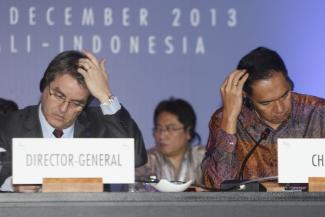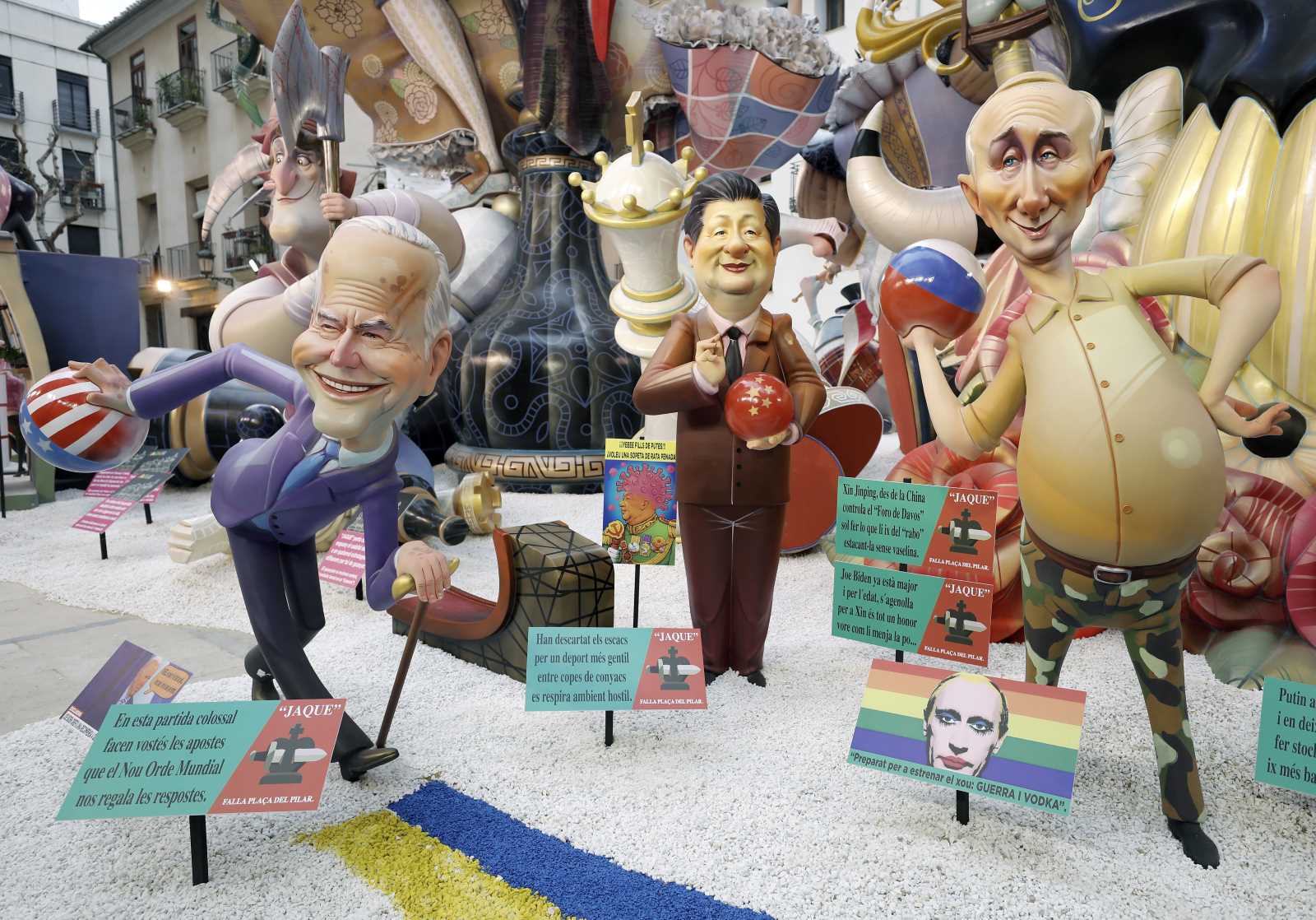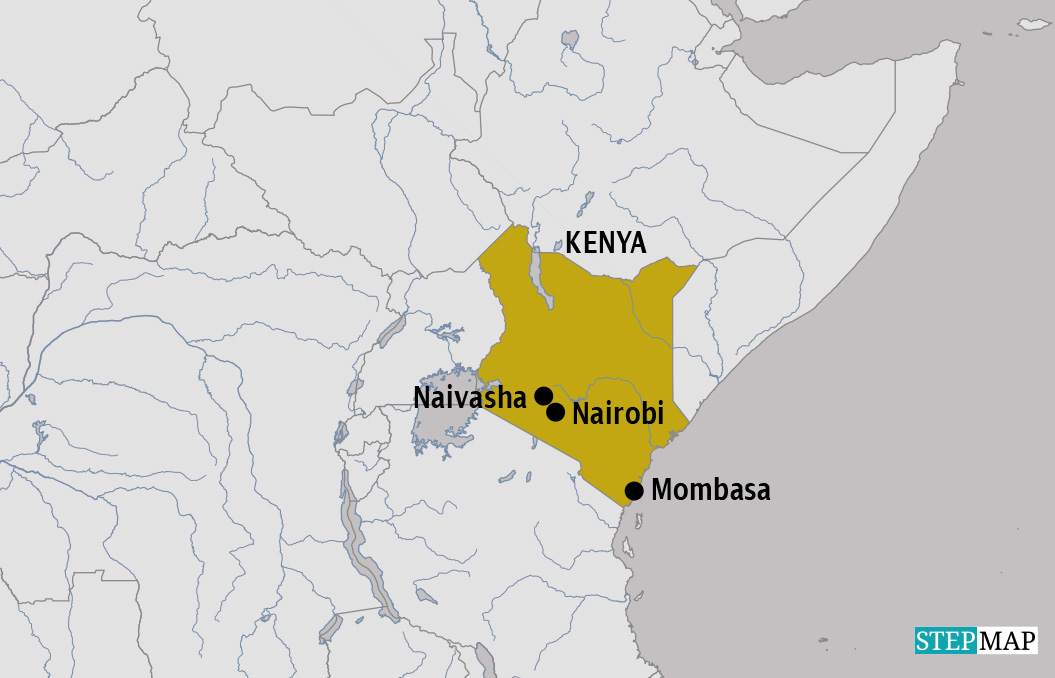Globalisation
First success in 18 years

"For the first time in our history the WTO has truly delivered," WTO Director-General Roberto Azevêdo declared in the final session of the ministerial conference in Bali in December. He was speaking of the so called "Bali package", the first agreement the WTO concluded since its inception in 1995. It deals with trade facilitation (rules on modernising customs procedures) and some aspects of the global trade in agricultural goods. Moreover, the least developed countries will get better access to developed countries' markets and a monitoring mechanism will review the WTO rules on special and differential treatment for developing countries.
The WTO's predecessor, the GATT (General Agreement on Tarifs and Trade), had managed to liberalise global trade faster. Accordingly, trade diplomats and political leaders now display enthusiasm about success in Bali after dramatic sessions that dragged into the early-morning hours and required an additional day.
Azevêdo, a citizen of Brazil, only recently became director-general. He tried to involve all WTO member countries at eye-level in Bali. In the past, his organisation was haunted by criticism of deals being struck in elitist and non-transparent settings. This time, however, the influence of developing countries and emerging markets was clearly evident.
India succeeded in getting temporary exemptions from rules that restrict agricultural subsidies. Delhi has recently launched a national food security programme for which it buys food at guaranteed prices and passes the staples on to needy people below cost. The USA, in particular, opposed India's bid to weaken existing rules on farm subsidies in Bali, but India prevailed in the end.
Cuba can claim success too. Its government wanted the rules on trade facilitation to include some easing of the US embargo that hampers the island's economy. Ultimately, the compromise was to re-iterate explicitly the existing WTO rule that there may be no discrimination of WTO members.
"We have put the ‘World’ back into the ‘World Trade Organization’," Azevêdo said. According to him, people all over the world – and especially in developing countries – will benefit from the new agreement.
What the benefits will be and who they will accrue to, remain issues of debate however. Trade facilitation will probably have the greatest impact. A much-quoted study that was prepared by the independent, US-based Peterson Institute for International Economics on behalf of the International Chamber of Commerce predicts there will be millions of new jobs and world trade will expand by an annual $ 1000 billion due to the new customs rules. Moreover, the authors argue that half of the additional exports will be from developing countries. It is a common experience, however, that predictions do not necessarily come true.
Sceptics warn that the implementation of the new customs rules will require substantial government expenditure in developing countries. According to the Bali package, the governments concerned can stall implementation unless they get funding for the purpose. The agreement does not point out, however, who has to come up with that money.
In contrast to the rules on trade facilitation, the package's language on agricultural and development issues remains somewhat vague. Critics speak of "empty promises". Social movements even organised two shadow summits in Bali and demanded that the WTO be dismantled. An NGO tribunal levelled ten charges against this multilateral organisation, accusing it of making HIV/AIDS medication more expensive in Thailand, for example, or protecting corporations such as Monsanto which claim patent protection for food crops.
In the eyes of the sceptics, Azevêdo's assessment of the summit serving as a new beginning for the WTO sounds like a threat. They fight for an “economy of life” based on rights of people and nature – but remain vague on what that means. It is a fact, however, that governments with a long-standing anti-imperialist stance, such as those of India and Cuba, have signed the agreement.
Angela Geck is a researcher specialising in international affairs at Freiburg University.
angela.geck@politik.uni-freiburg.de
Stefan Rother is a researcher at the Arnold-Bergstraesser-Institut in Freiburg.
stefan.rother@abi.uni-freiburg.de













